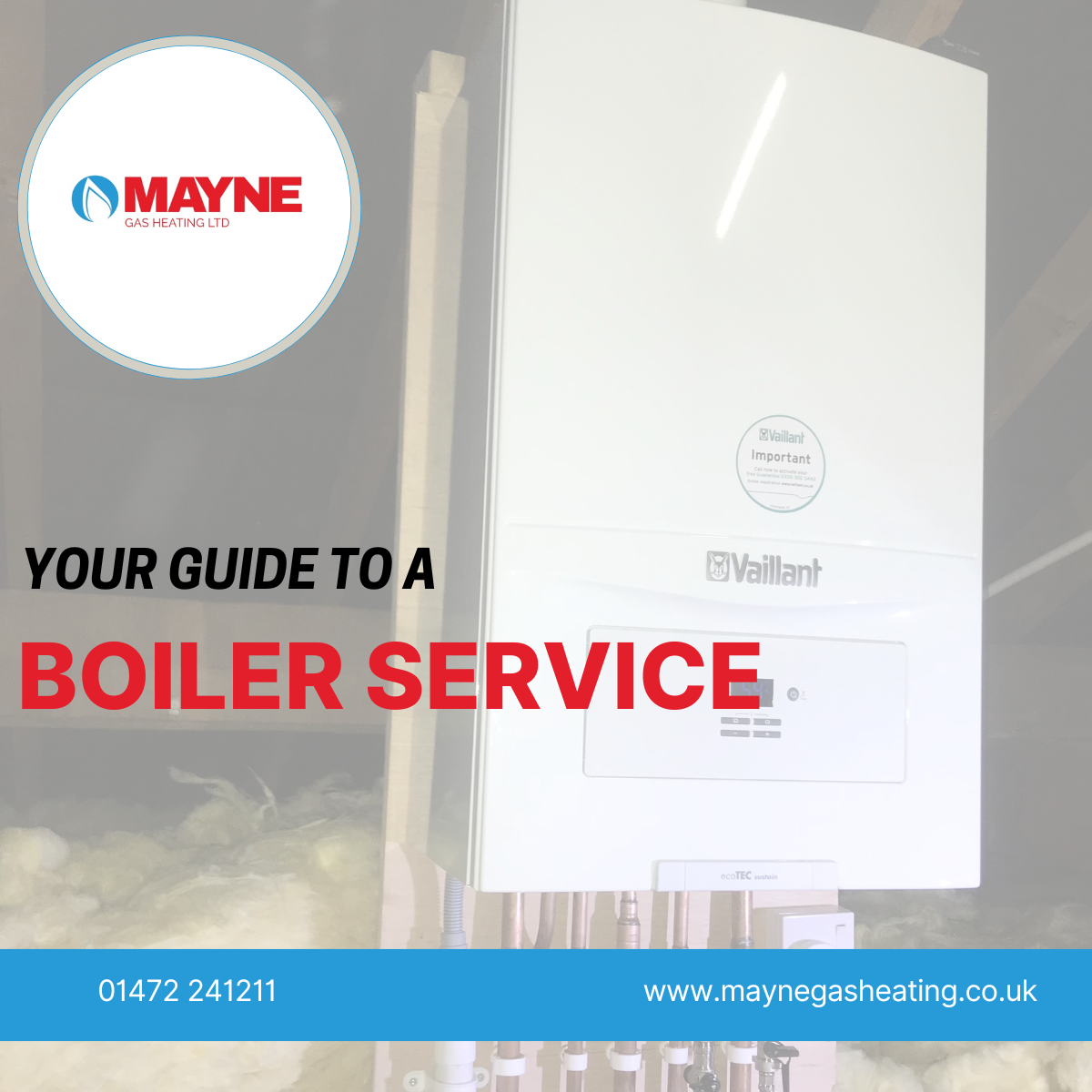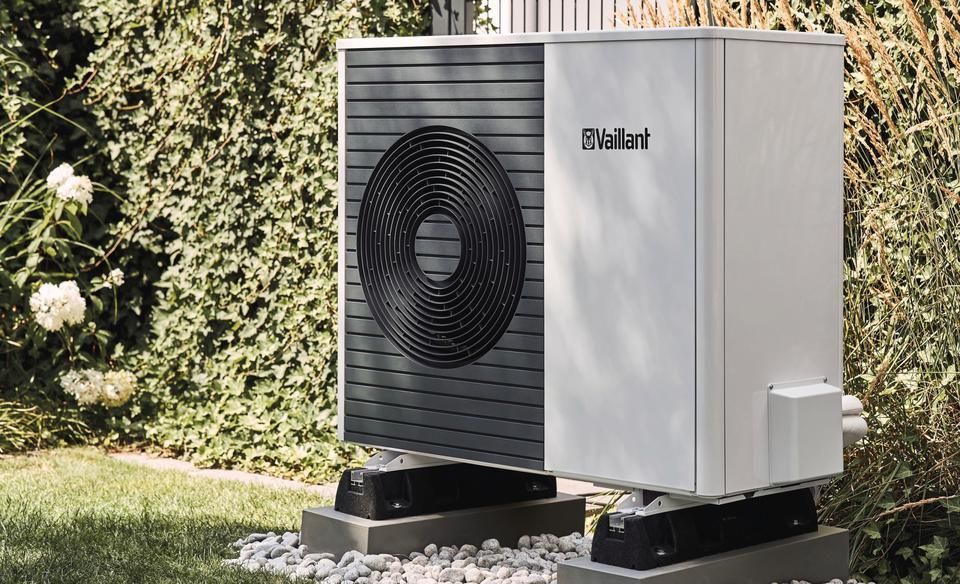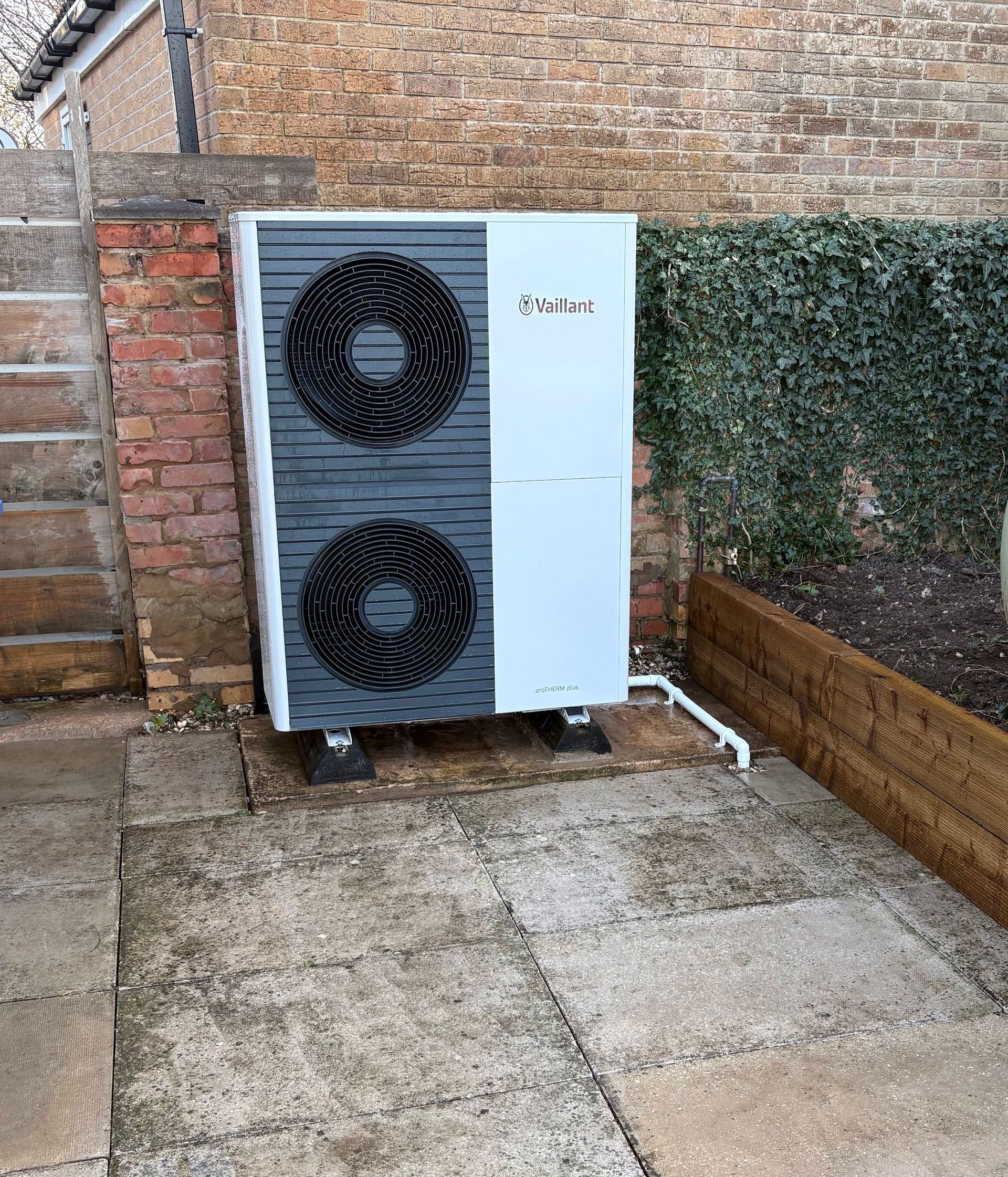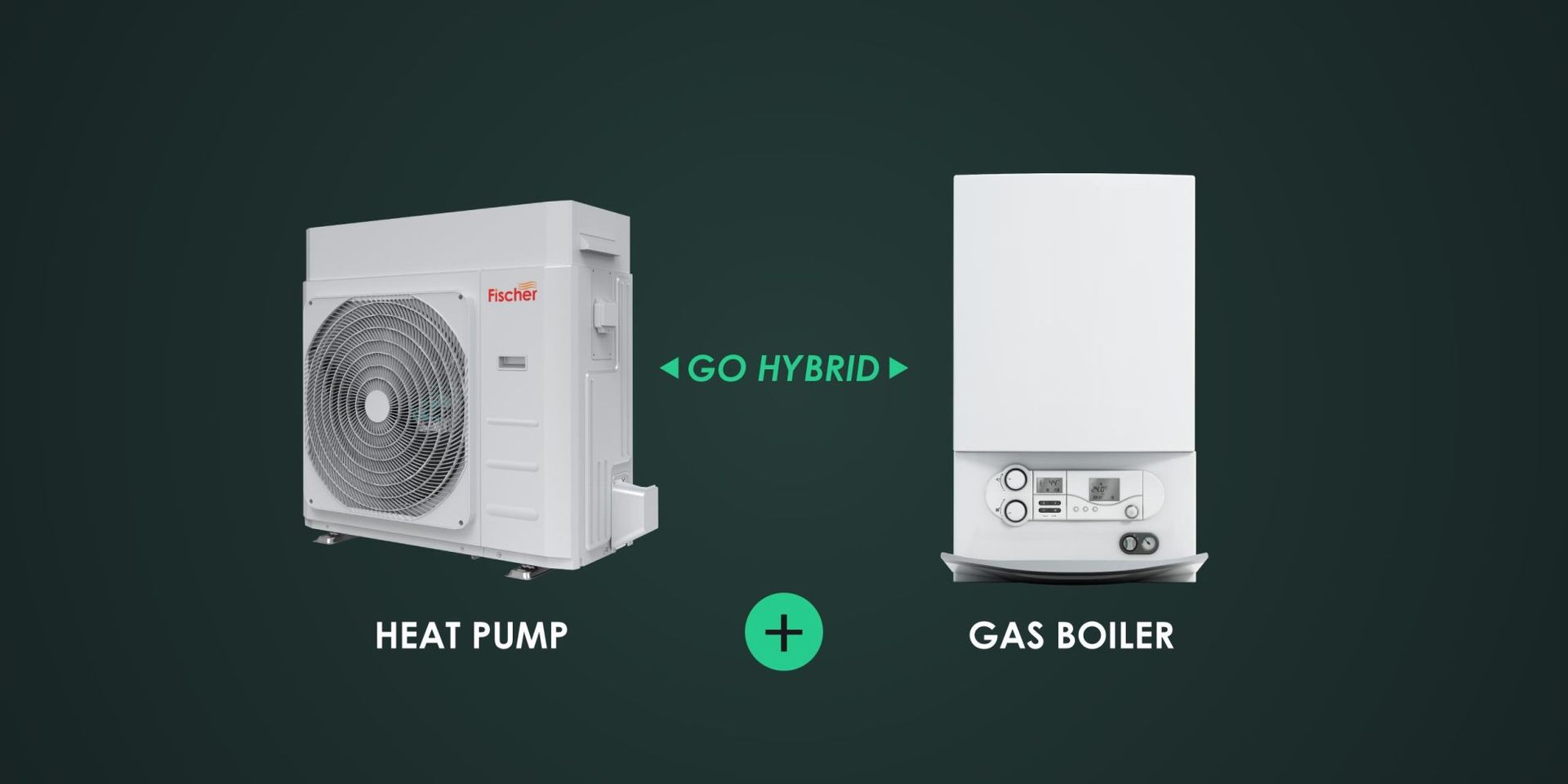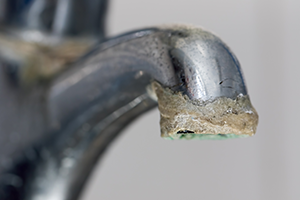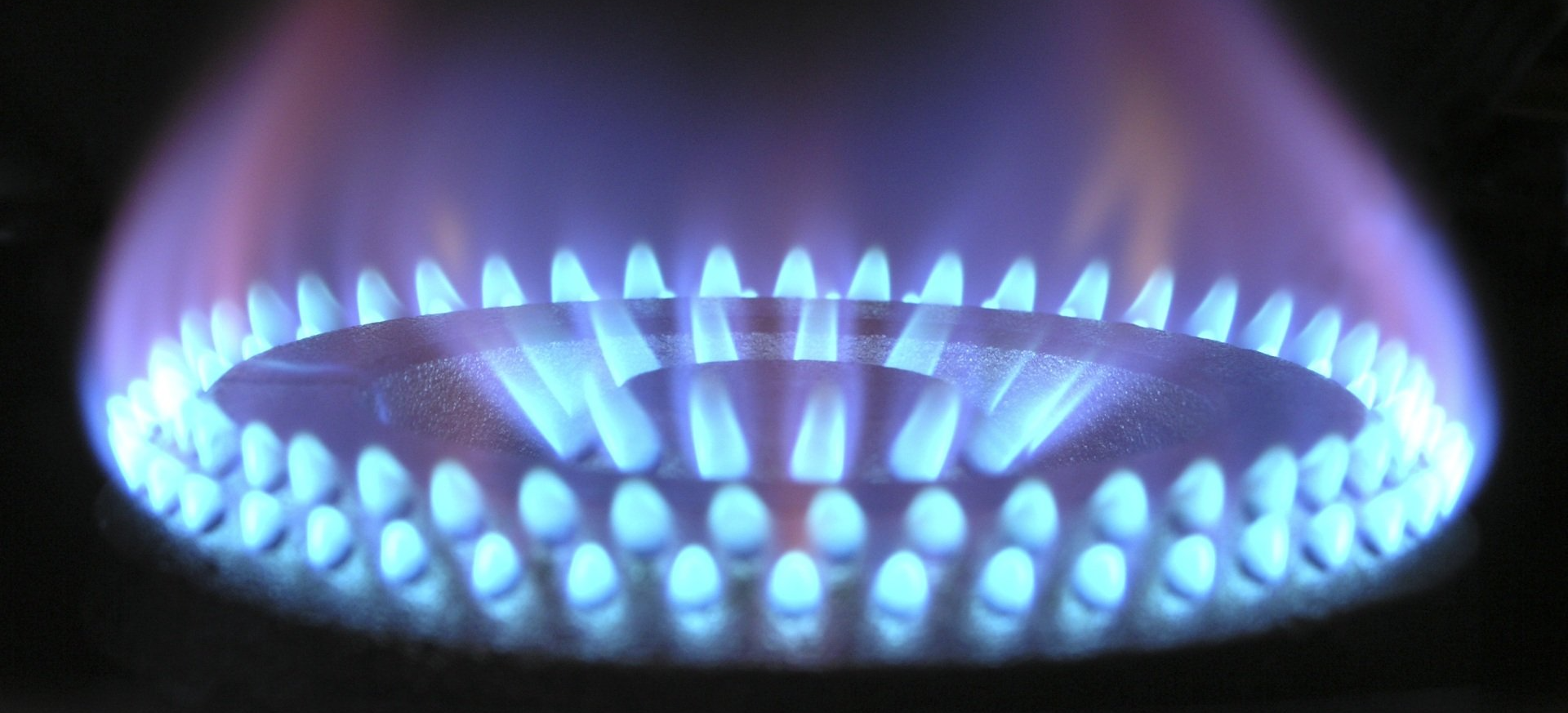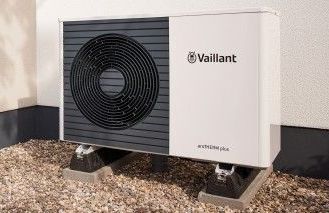How to make more sustainable choices
Sustainable choices series: electric cars
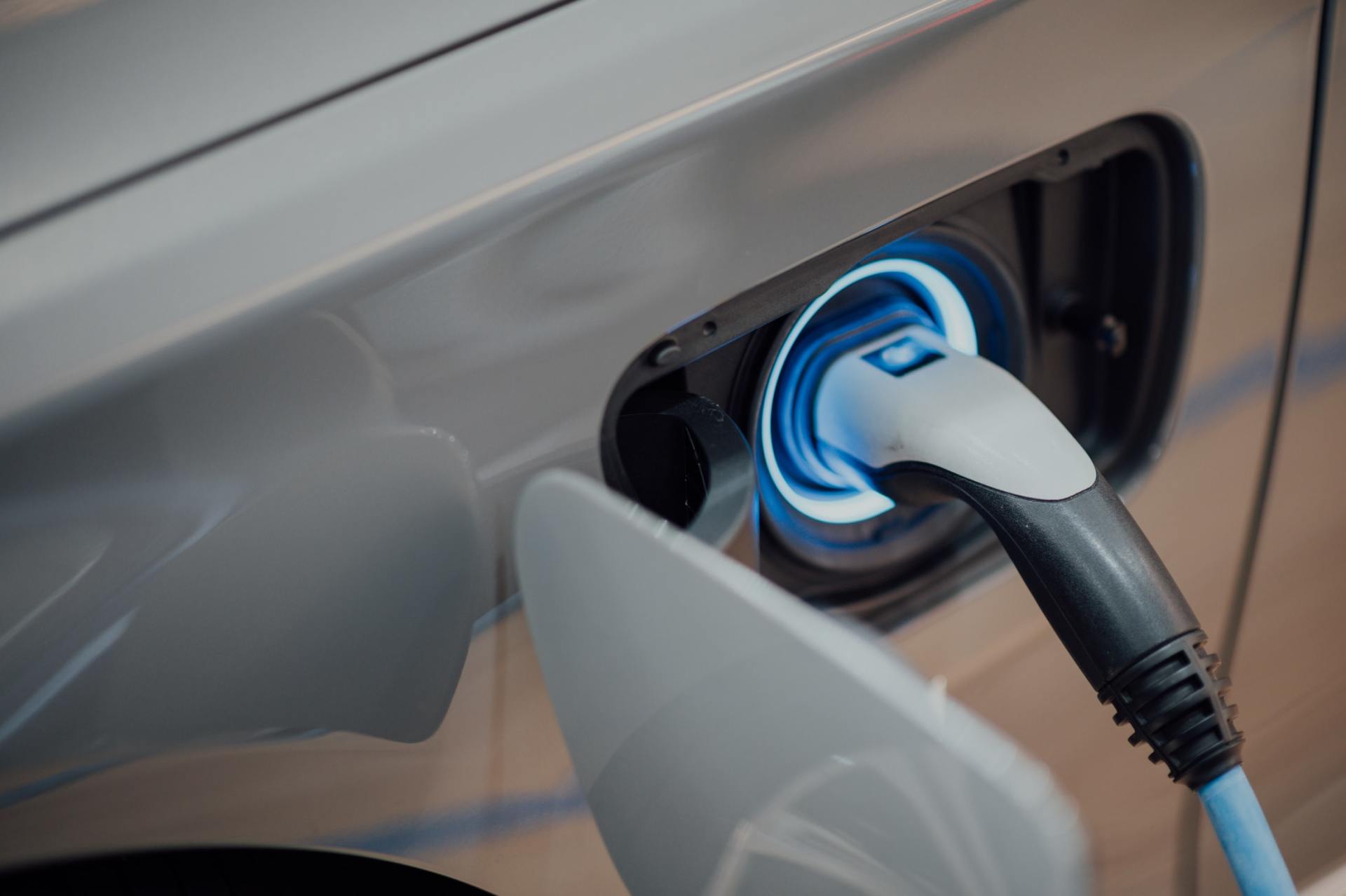
In this series of blogs regarding making sustainable choices we are looking at how you can save the £££ and be less reliant on the environment.
Spend less with an electric car
There are more electric cars on the road than ever before, despite a Covid related drop in car sales. Electric car sales still continue to soar. In additional to this, to affects of Covid have brought about a shift in seeking more eco-friendly and sustainable ways of living. So while electric cars might be better for the environment, are they better for your wallet?
Motorists saving the planet could also save on their insurance bills, as electric vehicles are now typically £45 cheaper than petrol and diesel cars to insure. Average annual insurance costs for electric cars have declined by £75 in the first quarter (January to March) of 2021, according to research from comparison site Comparethemarket. This, combined with a number of other potential long-term financial benefits, could mean that buying an electric car will help the planet and your wallet. We have taken a closer look at the costs of insuring an electric car to help you decide if you’re ready to make the switch.
How else can you save with electric cars?
It’s clear electric cars are the best choice for the environment, and they are growing in popularity ahead of the government’s 2030 target to phase out new petrol and diesel vehicles. Data for 2021 suggests that the sales of new battery-powered electric cars have increased by 74% in the year to date. These electric vehicles represented 7.5% of all new car sales in this period, increasing from 3.8% in the previous year. However, an electric set of wheels can still cost more than the diesel or petrol alternative at the outset. Dan Hutson, Comparethemarket’s head of motor insurance, said: ‘The transition to electric vehicles will be vital in tackling climate change, but the higher upfront cost of these cars compared with traditional models has often been a deterrent for many motorists. Drivers making the switch to greener vehicles will be glad that our research shows electric cars could bring significant financial as well as environmental benefits over time.’ Along with the lower insurance premium, there are other areas that help electric cars cost less.
How much is electric car insurance?
Car insurance over all has started to come down. Between Q1 of 2021 there has been an average car insurance decline of £75 compared to Q4 of 2020. Insuring an electric car is also likely to be even cheaper than a petrol or diesel vehicle, with savings of up to £60.
Government grants
If you want to buy an electric car, but the initial price tag is putting you off, you may be able to get a government grant to help. Currently, you can get a grant of up to £2,500 if you buy an electric car priced under £35,000. The government says more than half of models currently on the market fall into this category, meaning you should be able to get a grant for most electric cars.
Fuel costs
Charging an electric car at home will almost always be cheaper than paying for petrol or diesel. You’ll even be able to charge your vehicle for free at some public charge points. Our independent tests found you’d pay the following amounts to charge different sized models at home to cover 9,000 miles: £400 to £500 a year for small city cars and hatchbacks £450 to £600 a year for medium and large cars £560 to £700 a year for large SUVs Different vehicle models will have different costs depending on their efficiency. Our electric car reviews tell you how much different vehicles cost to charge.
Car tax
Electric vehicles are exempt from car tax because they produce zero emissions. New petrol and diesel cars on the other hand will cost an annual £155 in car tax from the second year onwards, and a one-off first-year rate, which will vary depending on how much CO2 it produces.
First-year rates can cost up to £2,245 for the highest polluters, but as low as £10 for the lowest. Find out more: car tax explained Servicing costs Electric cars have fewer moving parts than their petrol and diesel counterparts, so they’re less likely to need repairing. You’ll also save because there aren’t as many parts that’ll wear out and need replacing, like oil filters or cambelts.

